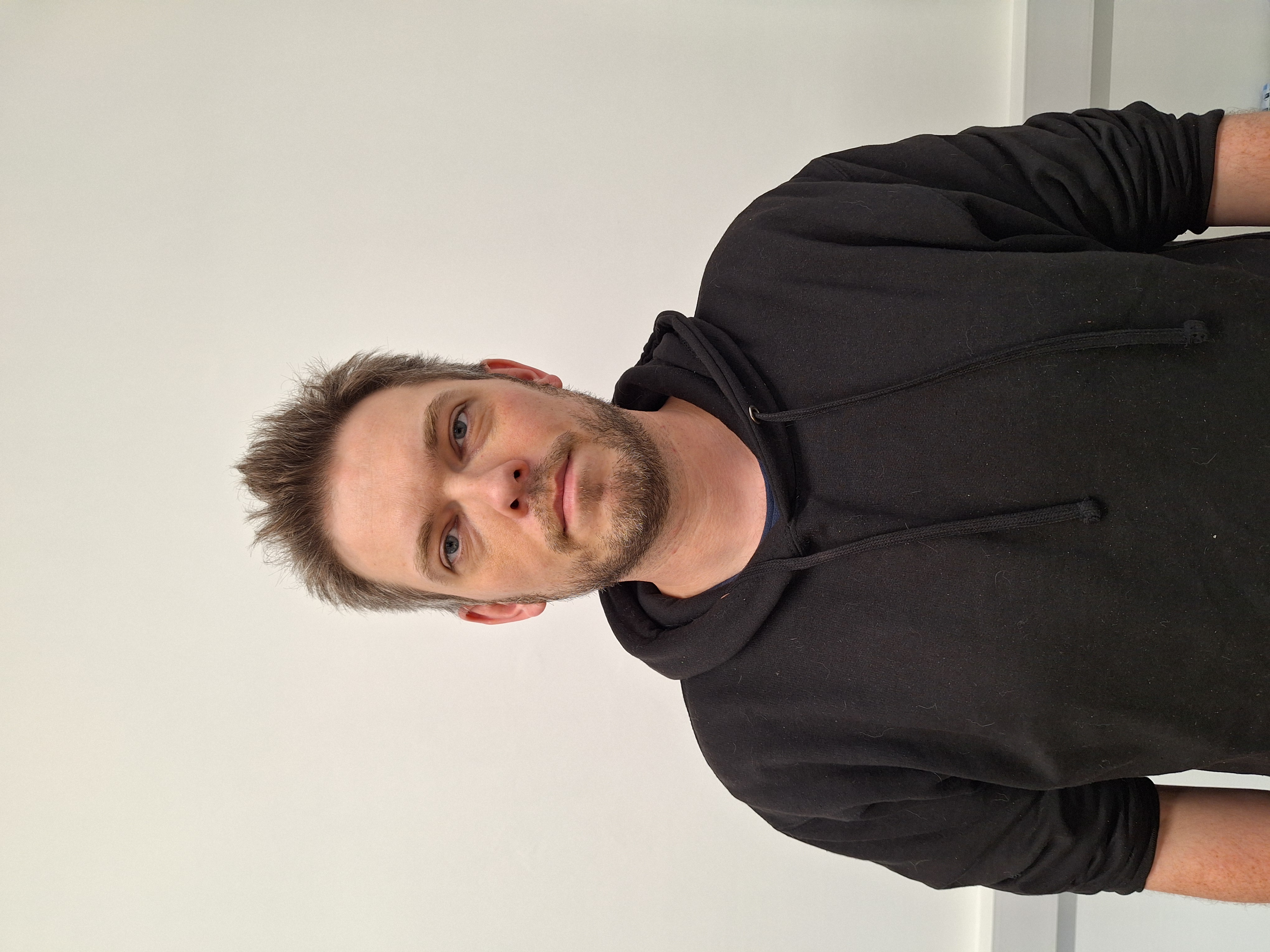
Dan Shockley
Principal Water Quality ModellerLocation: Wallingford
Expertise: Water Quality
Contact number: 01491 822 632
Your role in a nutshell: As the Principal Water Quality Modeller based within the software team in the Wallingford office, my primary responsibility is to develop the water quality capability for Qube as part of the PACIFIC project. This project looks at modelling the prevalence and fate of emerging contaminants in river catchments.
When you joined WHS: 2024
Your experience: I graduated from Reading University with an MSc in Environmental Management in 2021. Prior to this, I have ten years work experience, including eight in the water industry, where I developed expertise in carbon foot printing, energy management, renewable energy, environmental policy and regulation, drinking water quality and regulation, and wastewater sample programming. I currently work for WHS part time whilst I complete my PhD project investigating the presence of microplastics as an emerging contaminant in UK groundwater. I am due to complete this in 2024. As part of this role, I am also working towards becoming a Chartered Member of CIWEM.
Why you like working for WHS: Having spent most of my career working in a large organisation, I’ve found the transition to working in a company as small as WHS to be enjoyable. Here, you get to dive into every aspect of a project and develop an understanding of areas that you would otherwise never get the chance to be exposed to. The ethos of WHS being an employee-owned company also appeals to me greatly!
What drives you: Ever since visiting Tanzania as a teenager and seeing the impacts of human development and climate change on the environment, I have developed a strong interest in both environmental science and water quality. I am always keen to get involved in projects and research that help to advance the understanding of the pressures on environmental resources, particularly where these are complex, intertwining or newly emerging. I am passionate about developing ways to better utilise environmental data for this purpose, where it can be used to promote better science communication and help a wider audience better understand how they can engage with this subject matter.
What you like doing when not working: Having a young child and being in the final year of my PhD have slowed me down a little recently! However, when I have free time, I like to travel (preferably exploring new places by bike), kayak on the river near to where I live, or play wargames on the rainy days.